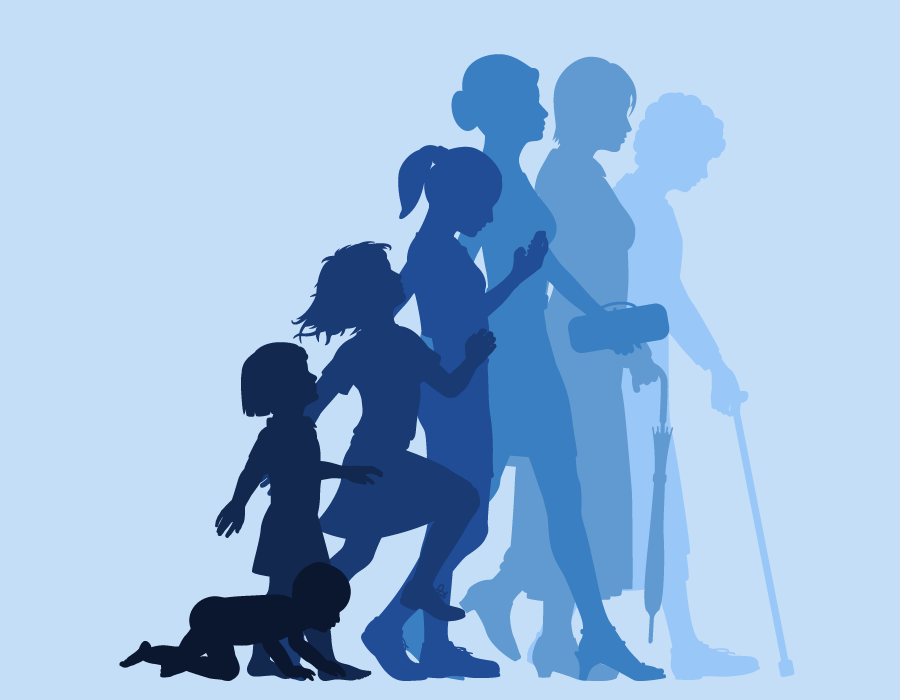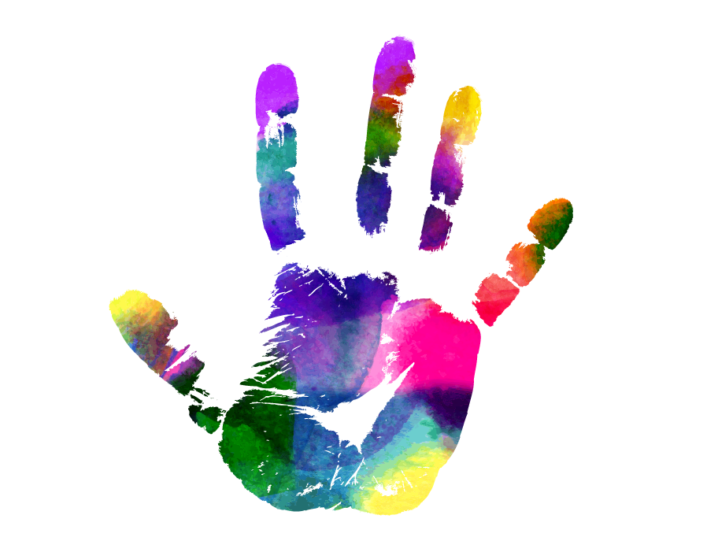DEI Toolkit: Age

Definition of age
1a : the time of life at which some particular qualification, power, or capacity arises or rests
b : one of the stages of life
c : the length of an existence extending from the beginning to any given time
d : lifetime
e : an advanced stage of life
Source: Merriam-Webster Dictionary
Age is a complex dimension, and it operates in different ways throughout your lifetime. Currently, much research has focused on the fact that there are five different generations represented in today’s workforce, from the Silent Generation (people born between 1925 and 1942) to Generation Z (those born in the mid-1990s and later). This research often focuses on the challenges that individuals who are older tend to face in the workplace as a result of their age: difficulty finding work, perceptions around technological proficiency, and so on.
AAUW, however, faces a different dilemma when it comes to age. With the average age of AAUW members being 72, our challenge is attracting younger generations to become part of our organization.
The benefits of age diversity for AAUW are many, from ensuring that we continue to attract people committed to our mission of gender equity to strengthening our voice on critical issues affecting women and girls and ensuring that the next generation of leaders develops the skills needed to continue to propel our organization forward.
Having a mix of members of different generations interacting and working together provides for a variety of perspectives. Different approaches to problem solving could deliver optimal results. If we hope to solve the world’s most pressing issues regarding gender equity, we will need the creativity and innovation that comes with the variety of viewpoints that age diversity provides.
When we mix the different strengths and perspectives of younger and older members, we gain the benefits of diversity.
Websites:
- Disrupting Age in the Workplace
- Age Diversity in the Workplace: Definition, Trends, & Examples
- Age Diversity in Workplace
- Generational Differences at Work are Small. Thinking They’re Big Affects our Behavior
- How to Thrive in a Multi-Generational Workplace
- Generations United
- Intergenerational Shared Site Resource List
- Benefits of Intergenerational Connections
Activities:
Videos:
Related
Dimensions of Diversity & Identity

Key Terms & Concepts

Getting Started with Difficult Conversations

